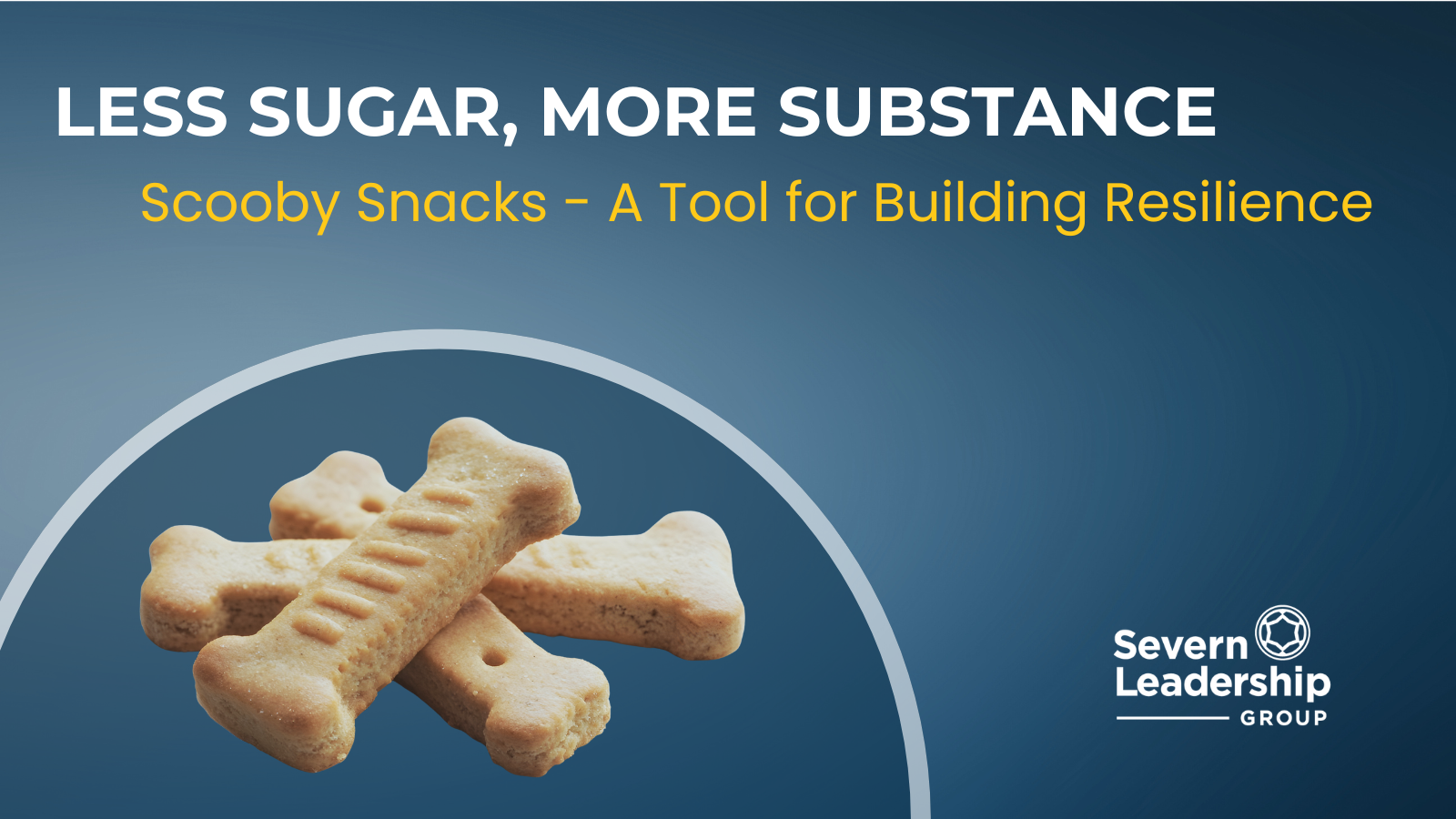Integrity of Faith and Cyberspace
My plate was already full, and I was not looking for seconds.


I wrapped up my Severn Leadership Group fellowship in April of 2019, shortly after the birth of my fifth child. I was about halfway through my present assignment in Defensive Cyberspace Operations at Fort Meade and waist-deep in a full-time Masters course at the University of Baltimore. I had also been in charge of reshaping one of the largest branches in my organization for the prior eight months. In short, my plate was already full, and I was not looking for seconds. And yet, my job demands were only about to increase in intensity.
I was the Officer in Charge of the organization’s Mission Support Branch where I led a team tasked with planning and executing a daily Cyber Tasking Order (CTO). My secondary job was the Crisis Action Team (CAT) lead for the organization. The CAT lead is supposed to be the first person called in when the organization observes a crisis incident. From May of 2019 to October of 2020, I led four CATs and directly supported two others as the deputy CAT lead. During that period, in almost every domain of my life (spiritually, mentally, professionally), I operated in some form of survival mode, and the strains were beginning to manifest. I was getting the job done, but I was burning out – fast. One warning sign was that I stopped caring about performance and work ethic. These casualties of character were a clear indicator that my core was sustaining potentially irreversible damage.
SLG stresses maintaining the core of your character as the critical element for one’s leadership ability. Without a strong foundation of character, one’s leadership is likely to function much like a weather vane: varying as the circumstances dictate, rather than flowing steadily and reliably when pressure mounts. I understood this concept going through SLG as a fellow but perhaps had not learned the depths of its truth in leadership practice. SLG teaches that integrity is consistently living out what we claim to be most important to us. I realized my character had been suffering from a lack of the resource it most required to thrive – my faith.
Knowing that I needed to live out my faith to regain my integrity, I decided to spend more time investing in my church community, giving more time to reading and reviewing scripture with fellow believers. I shared my struggles and confessed my shortcomings to them and, together, we examined where God could advise and strengthen us on these matters. I learned that core maintenance must be as routine for nuclear reactors as it is for individuals. And so, I am grateful to SLG for the guidance to recognize that there was a crisis happening within me in the first place. But I am also optimistic in knowing that God is a ready and willing partner for regular “core maintenance” in one’s life and leadership journey.




